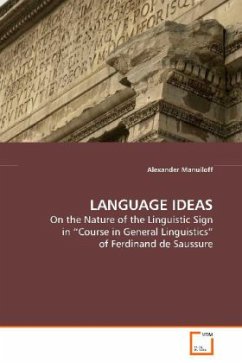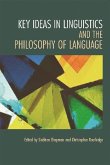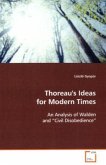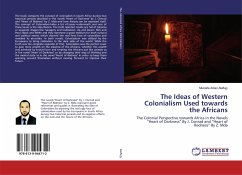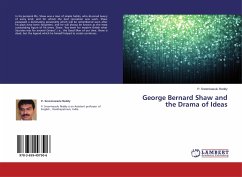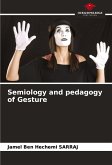The monograph challenges the concept of arbitrariness of linguistic signs as formulated in the "Course in General Linguistics" of Ferdinand de Saussure. It discusses at a logical level the coherence of Saussure's three proofs and then traces some of the linguistic implications of such an approach. Also, the research takes into account various arguments against the principle of arbitrariness that have been sporadically expressed during the years (Eduard Pichon, Michel Arrive, Plato, Roman Jakobson, Emile Benveniste, and the Russian philosopher Alexej Losev, for example); but tries to go even further by examining what kind of linguistic research as well as what attitude to language phenomena may be needed in case one accepts a principle opposite to what The Course presumes. This is where the concept of "language ideas" is introduced. Saussure omits certain intrinsic features of language that lie on the border between linguistics and literary theory - and mainly the ability of language to be metaphoric (in a Paul Ricoeur's sense) even at the level of its simplest structural elements.
Bitte wählen Sie Ihr Anliegen aus.
Rechnungen
Retourenschein anfordern
Bestellstatus
Storno

